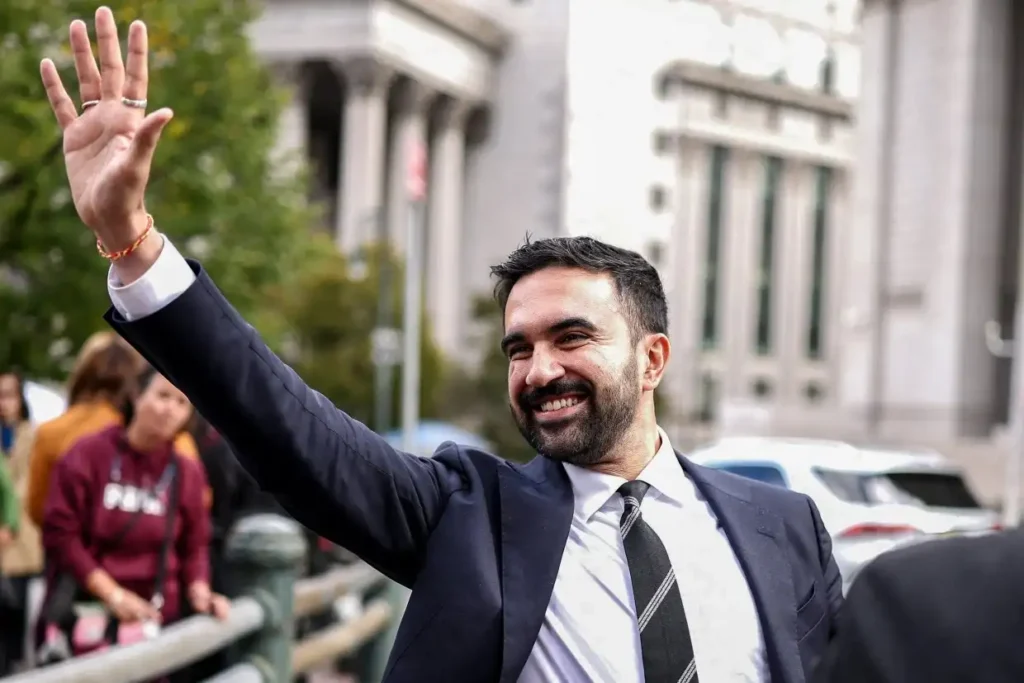In a historic political shift, Zohran Mamdani, 34, has been elected as New York City’s first Indian-American and Muslim mayor, marking a generational and ideological transformation in America’s largest city. His victory over political heavyweight Andrew Cuomo and Republican candidate Curtis Sliwa reflects the growing dominance of the progressive wing within the Democratic Party and the deep resonance of grassroots movements in urban America.
Mamdani, who previously represented Queens in the New York State Assembly, ran on an ambitious platform advocating social equality, affordable housing, climate responsibility, and public welfare. His promises of fare-free public buses, rent freezes for tenants, and universal childcare captured the imagination of working-class families, immigrants, and younger voters frustrated by economic inequality and stagnant leadership.
The son of Indian-Ugandan parents, Mamdani’s journey from Kampala to City Hall stands as a powerful symbol of diversity and inclusion in American democracy. His campaign, however, also faced sustained Islamophobic and xenophobic attacks, highlighting the persistent fault lines of identity politics in the United States. Despite the challenges, his victory has been celebrated globally as a triumph of representation and progressive ideals.
As he prepares to take office on January 1, 2026, Mamdani inherits a city grappling with fiscal strain, public safety concerns, and housing unaffordability. Supporters see his election as a mandate for change, while critics question the practicality of his socialist-leaning agenda. Yet, his rise signals a broader redefinition of leadership in urban America , one that places empathy, equity, and reform at the heart of governance.

